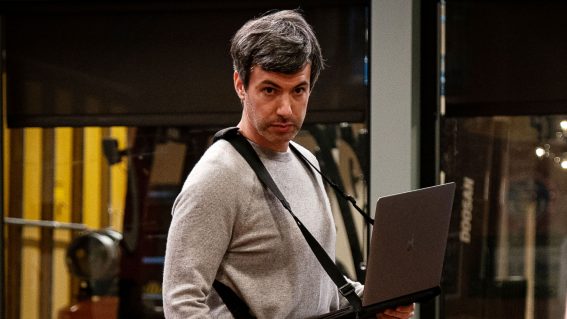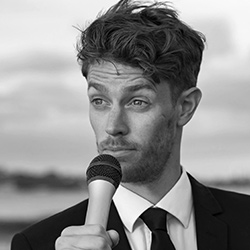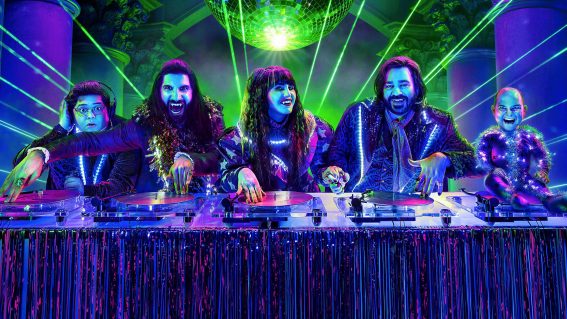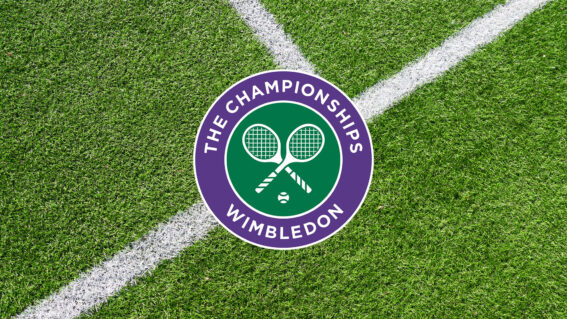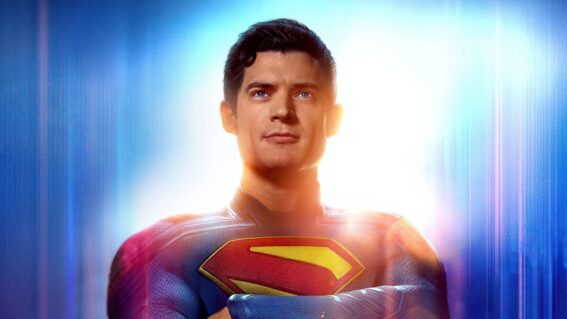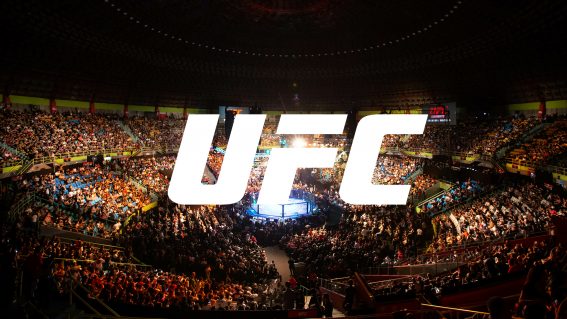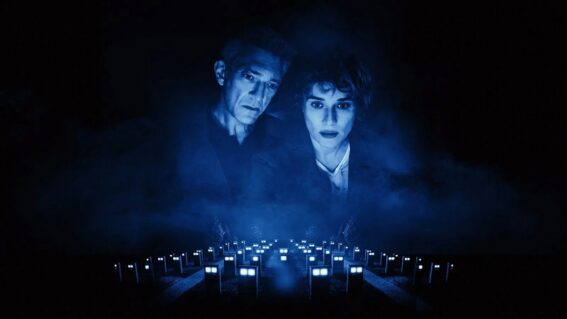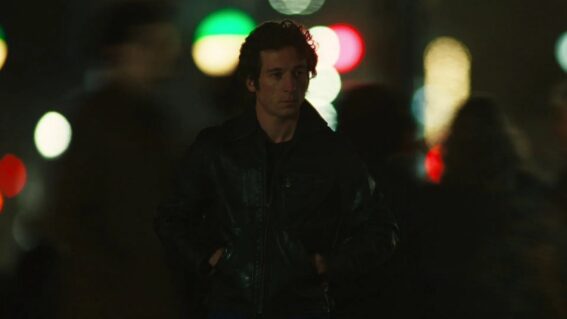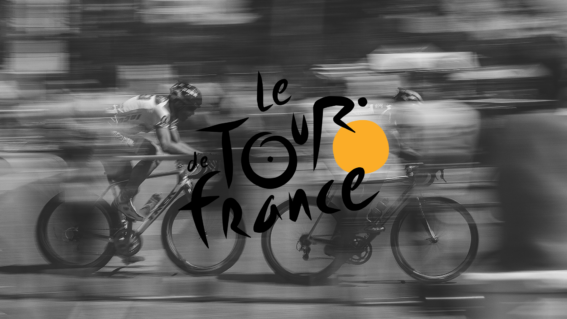Already the best show of 2022, will Atlanta do it again with its new season?
“Some of the best television ever made” and “Sopranos only ones who can touch us,” says Donald Glover.
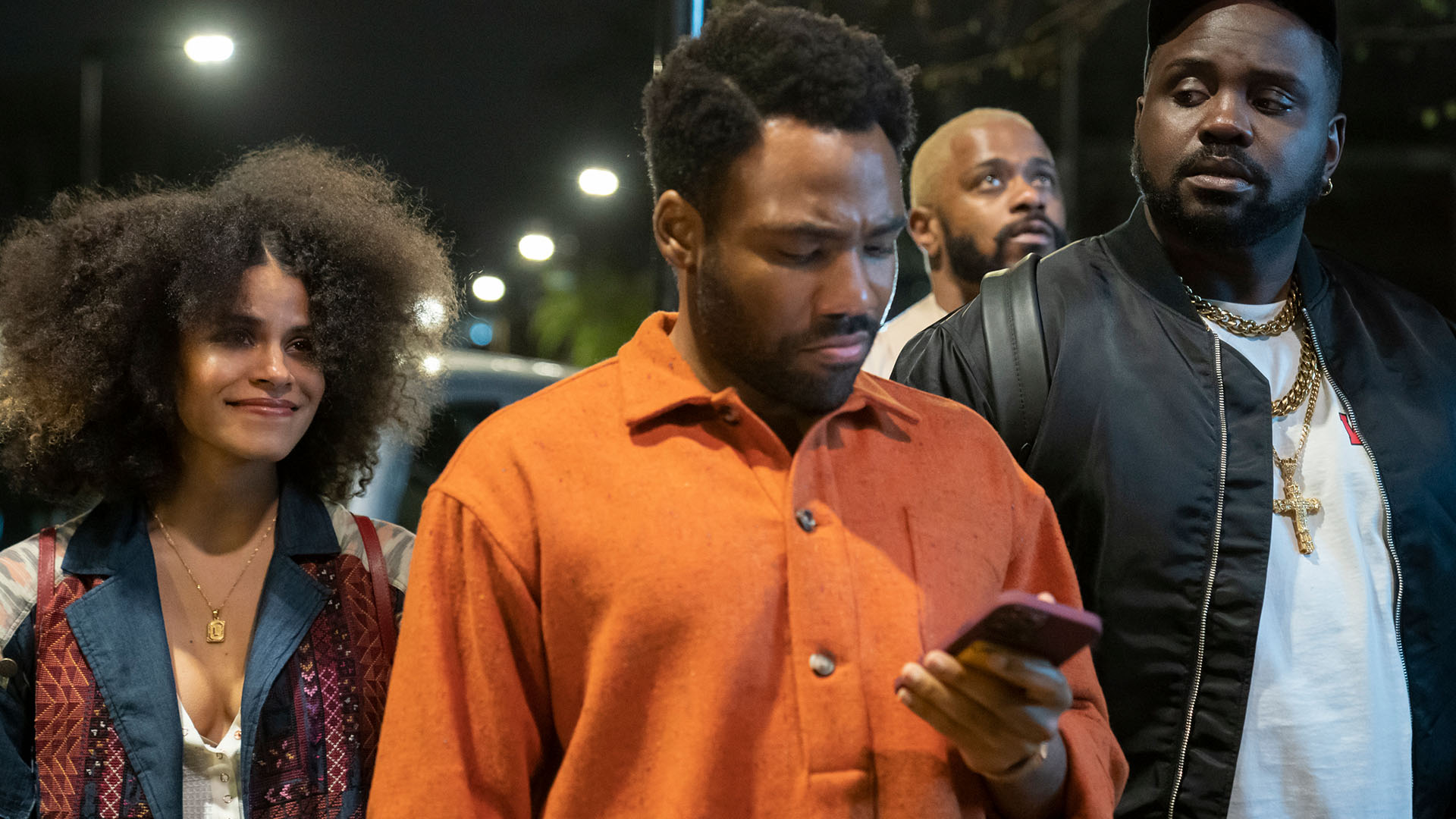
Coming back with a new (and final) season just months after the last is Donald Glover’s superb comedy series Atlanta – streaming on Neon. It’s already tough-to-beat television when it comes to considering the year’s best, writes Steve Newall.
Until March of this year, a new episode of ambitious comedy series Atlanta hadn’t been seen for nearly four years—a loooong hiatus for a show that only had two seasons under its belt when it paused production (and got hit by COVID delays)—so we should be counting ourselves extremely fortunate to be getting two new seasons of Atlanta in the same year.
Even if the upcoming season four hadn’t been confirmed as Atlanta’s final outing, the superb third season goes a long way to support star and creator Donald Glover’s tweet that these last two seasons are “some of the best television ever made” and “Sopranos only ones who can touch us.”
“I stand by that, I stand by that 100 percent,” he subsequently told Hollywood Reporter. “I’m holding my nuts on that.”
Returning with a hiss and roar earlier in 2022, it took just two episodes for season three to remind me why Atlanta was one of the best shows around. My review at the time charted the show’s journey from arriving as a breath of fresh air in 2016, noting its knack for juggling groundedness with a taste for the surreal and absurd. Donald Glover and co. would double (and even triple) down on those disparate elements as the show progressed from its debut, and season three continued that trajectory, tough-to-beat television when it comes to considering the year’s best.
(If you haven’t watched season three of Atlanta yet, I honestly cannot recommend highly enough how great this is to discover for yourself, so will go light on spoilers as we proceed.)
Challenging fans after such a long break, the first episode of season three featured only a few seconds of Donald Glover’s character Earn (right at the ep’s very end), included no other main characters, and didn’t directly reference anything at all that had happened in the previous seasons. But not only was this a wonderfully unexpected feint, it brilliantly set up other elements of season three.
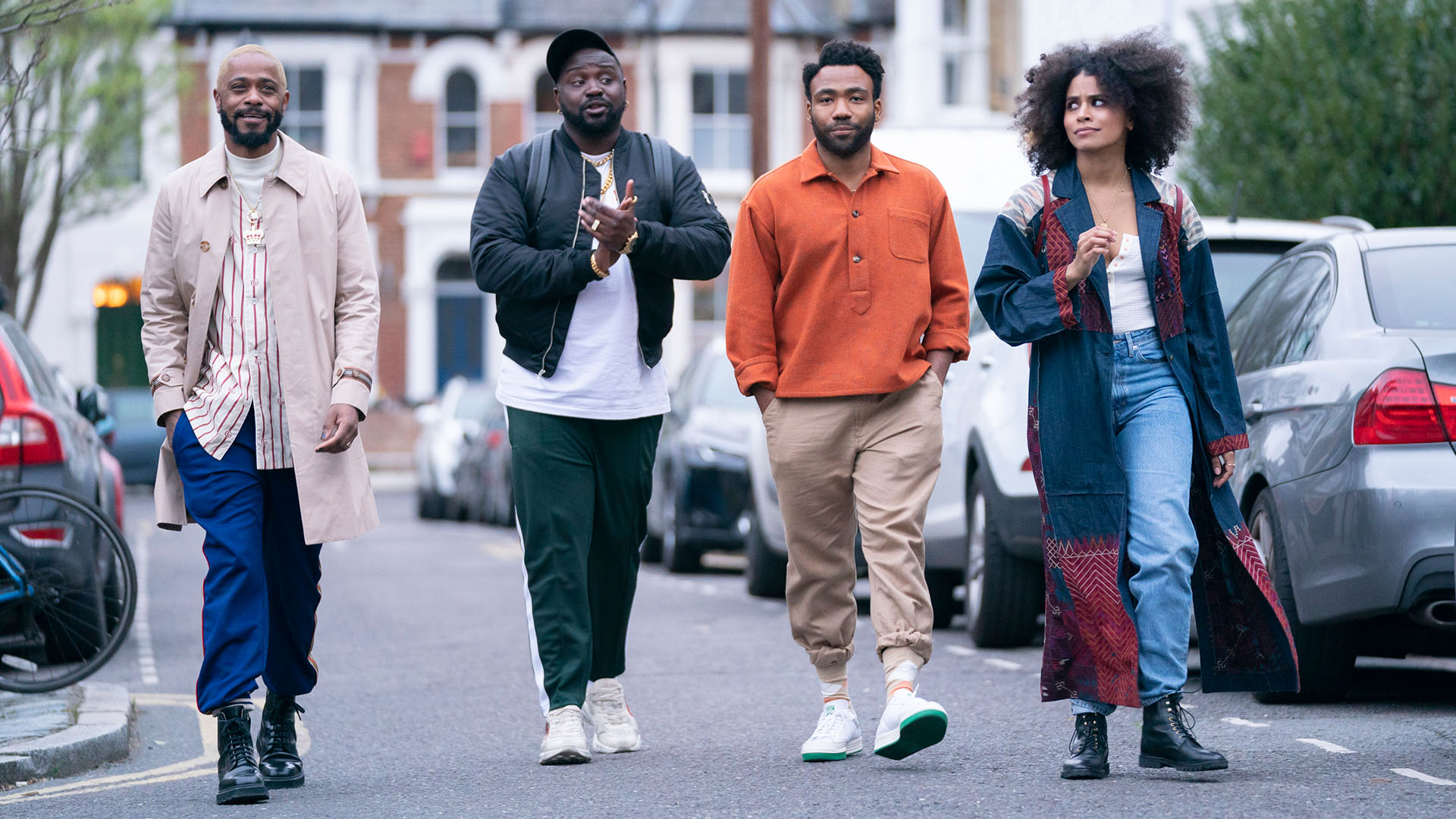
Ep one wasn’t the only standalone episode in a season that increasingly developed an anthology feel as it progressed. Some weeks, we’d see Earn, Paper Boi (Brian Tyree Henry), Darius (LaKeith Stanfield) and Vanessa (Zazie Beetz) on tour in Europe and the UK—others, we might not see them at all as the show used standalone episodes to chronicle events back in the US.
Wherever they were located, and whoever they focused on, season three episodes ranged from the everyday to the absurd and terrifying. One week Atlanta might follow the search for a lost phone. Another, US society gets turned upside down by the advent of slavery reparations.
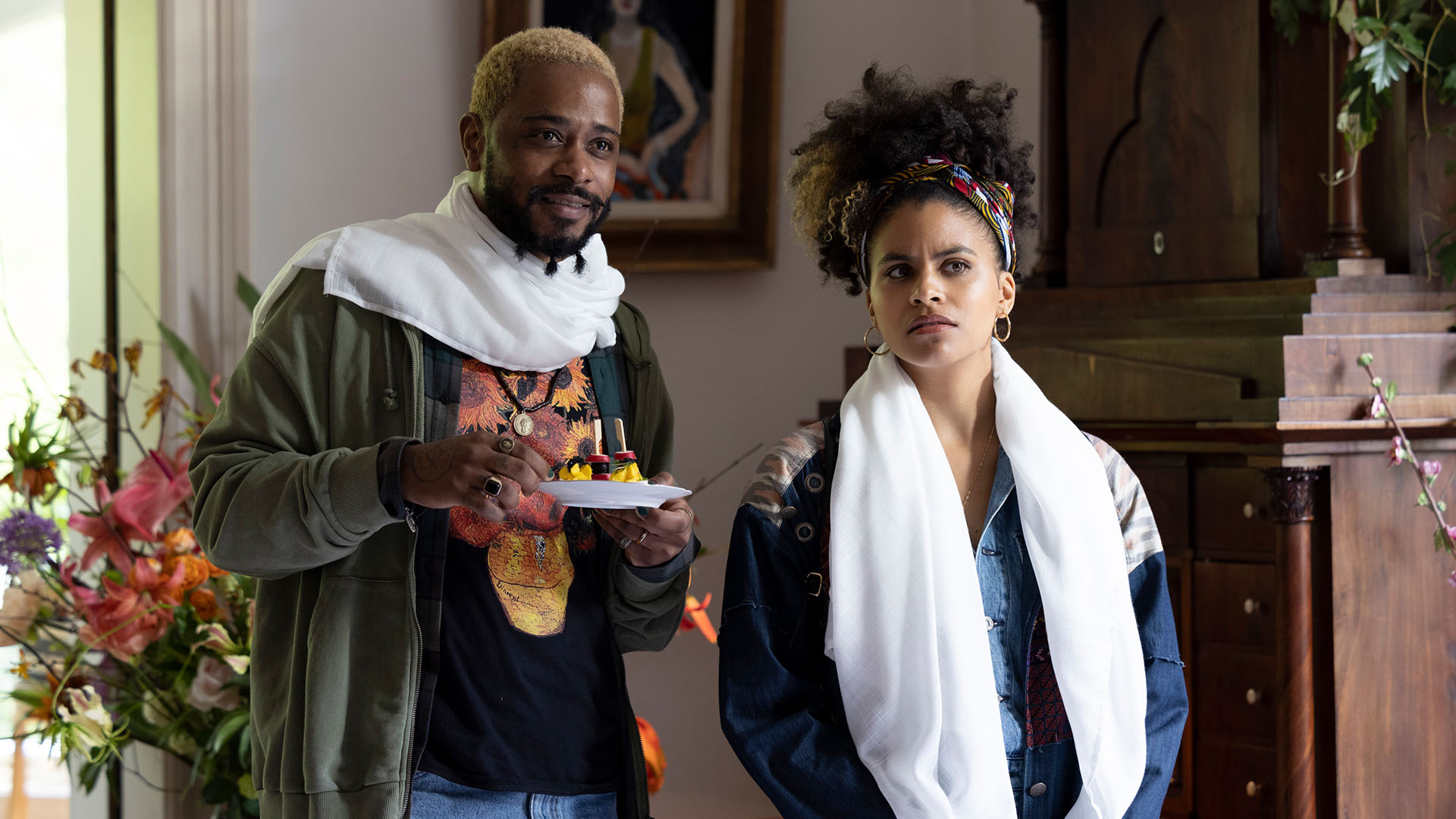
Alongside a core cast continuing to do great work, a couple of white, male stars would turn up to absolutely skewer themselves—one in particular, spectacularly and directly addressing a controversy that had seen him canceled. Other faces new to the show anchored standalone episodes that referenced everything from child protective services to passing as white and a wealthy (white) family attending the funeral of their Trinidadian nanny.
Through it all, season three of Atlanta used all the powers at its disposal to go further in its ambition than ever before. As the season unfolded, a resonance between seemingly unconnected episodes emerged, one that sharply examined Black identity within systems controlled by whiteness. The following Twitter thread has stayed with me since season three ended, and explores the themes of the season way better than I can (only read if you’ve seen all of season three, for obvious reasons):
I think Earn receiving White Earn’s stuff is about a lot more than just reparations. Think back to the very first scene of the season, “With enough blood and money, anybody can be White. It’s always been that way.”
Y’all ready for a deep dive into #AtlantaFX Season 3? pic.twitter.com/sWSbB3zXwe
— Grahf (DA:D waiting room) (@Grahfvillainy) May 20, 2022
The conversation between two men fishing seen above kicked off the season in both literal and thematic fashion. While we couldn’t know it at the time, it also introduced a character that would make sporadic appearances throughout—like Glover’s character, also named Earnest Marks (to viewers, White Earn). White Earn’s presence bookends the season in chilling fashion thanks to a post-credits sequence in the final episode, one that hints at an unwelcome transformation for Glover’s Earn.
So, a big question going into the fourth and final season is—what now? Atlanta is proudly returning to the city from which it takes its name, even if the 2016 trap music scene feels like a different place and time. With Donald’s key collaborators Hiro Murai and brother Stephen Glover directing and writing, respectively, a first episode titled The Most Atlanta, the stage is set for what Murai called both kind of a homecoming season and the greatest hits season.
“We got to say goodbye properly to the city and the show,” Murai told Hollywood Reporter. “I think it’ll feel a little nostalgic too because I don’t think you’ve seen Atlanta during the summer since season one.”
Will Earn, Paper Boi, Darius and Van be haunted by their experiences in Europe? Or will the show leave those episodes to reverberate in our consciousness (and consciences)? The Most Atlanta leaves the answers unclear, although it supports Murai’s statement above.
A trio of stories plays out in the episode, with Earn and Van trying to negotiate an increasingly sinister situation, Paper Boi chasing the legacy of an inspirational Atlanta rapper, and Darius on the opposite end of a pursuit of his own. Their respective journeys take them around the city in a briskly-paced episode that seems to relish placing its core cast front and centre—and opts not to reference their overseas experiences at all.
Whether or not that’s still to come in the final season is unclear but, as ever, these are characters that remain a delight to spend time with, and season four’s opener reinforces some of the show’s strengths in simply following the foursome as they go about adventures big and small.
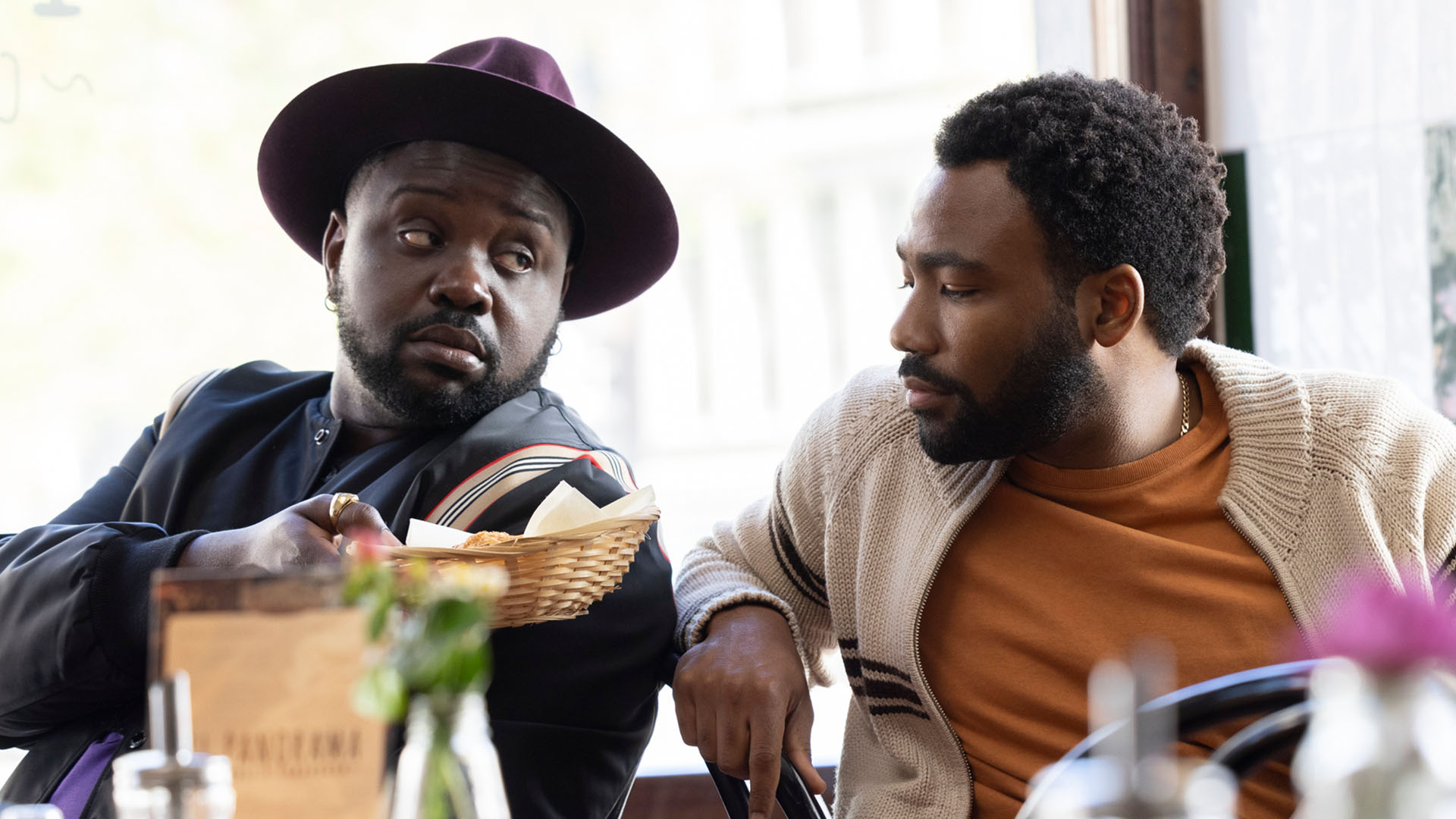
It’s also at this point that I realise this piece hasn’t directly addressed just how funny Atlanta is. Blessed with talented actors, sometimes it just takes an exasperated expression to elicit a laugh (I’m looking at Bryan Tyree Henry especially here), while elsewhere the scale of absurdity lends the show a unique strain of comedy. At every turn, what can come next remains truly unexpected as the show embraces surreal and satirical tones while also exploring the deadly serious.
The humour extends to the episode descriptions, which seem to be the work of the show’s writers room as they channel the voice of a disgruntled fan. More talented people than me have noticed how great they are, too:
Atlanta is great this season but the episode descriptions continue to be my favorite thing pic.twitter.com/QkNOmScivT
— Mindy Kaling (@mindykaling) April 16, 2022
This is set to continue through season four, with The Most Atlanta description reading: “Woooh chile, Atl is the GHETTO these days. I’m thinking about moving to Miami where it’s safe. Leave all my exes on read”. A little less meta than some of the others, but still far from what you’re used to seeing while browsing Neon…
If you’ve read this far and still haven’t watched season three, well, hurry up! If you have, consider taking it for another spin before new episodes get underway. And, as a little extra for experts, start pondering what the show’s eighth and final episode title—Andrew Wyeth. Alfred’s World—means. You could start by remembering Paper Boi’s given name is Alfred, and then learning more about mid-20th-century American artist Andrew Wyeth’s painting Christina’s World (and perhaps some analysis of the white artist’s work with Black subjects).
Or maybe you just wait and watch to see how Atlanta’s last eight episodes build upon what’s come before in the show—and if they can deliver on the somewhat significantly high expectations that season three has created. Either way, there’s plenty of entertainment and reflection to come from this confident, challenging comedy.







